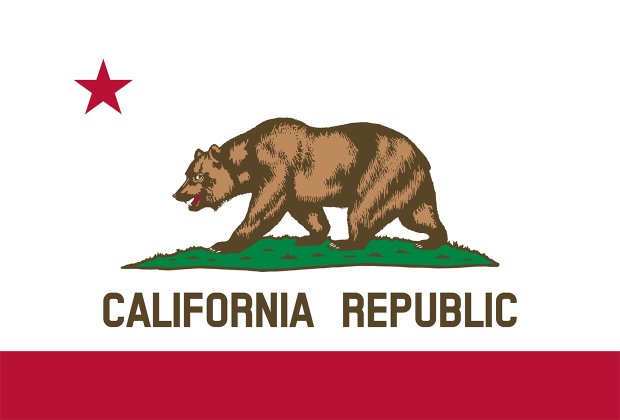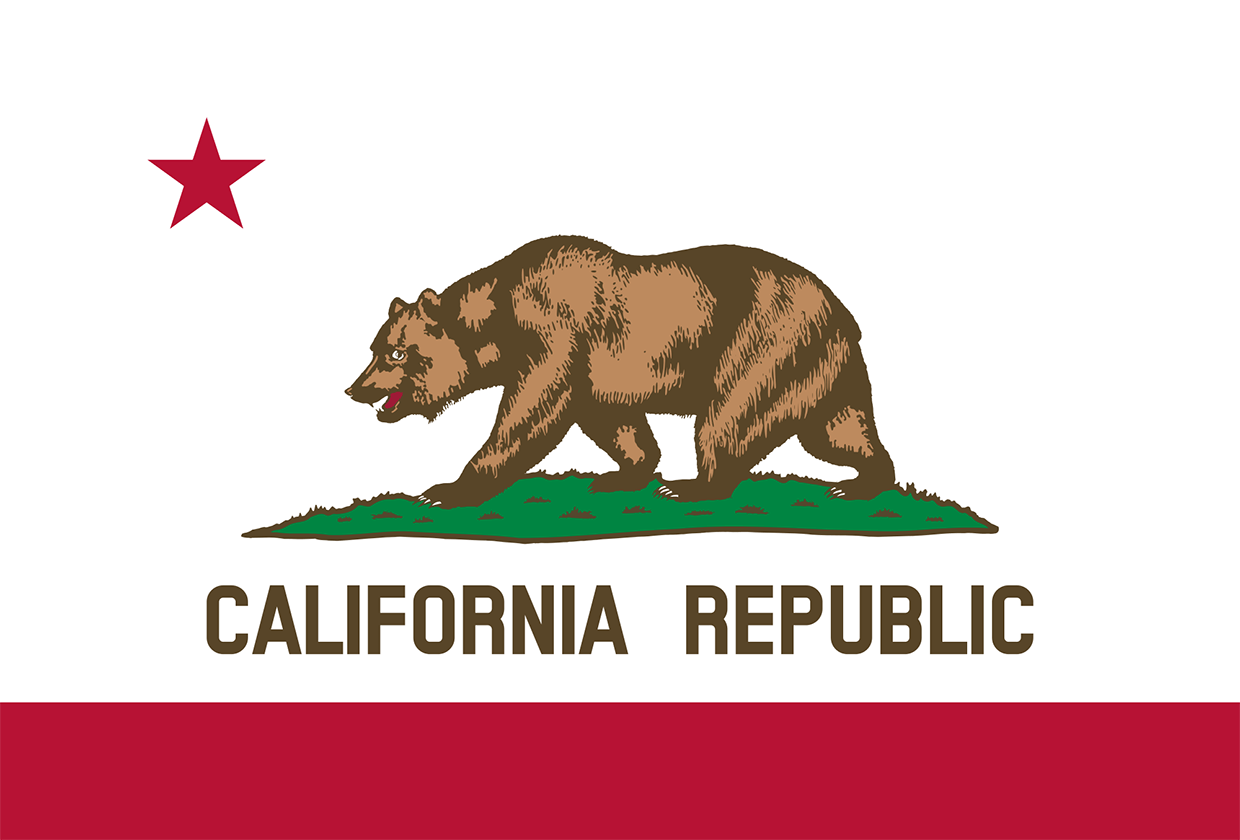Today marks a significant new day for tobacco retailers and consumers in California, as a nearly complete ban on the sale of flavored tobacco and vaping products that has been in the works and contested for more than two years is now in effect.
The ban is the result of SB 793, a bill passed by the California State Legislature in 2020 and signed into law by Gov. Gavin Newsom in August 2020. The ban had originally been scheduled to go into effect on Jan. 1, 2021, but was met delayed following a successful signature gathering effort by several tobacco companies to get the ban on the November 2022 ballot so that voters could decide.
Voters overwhelmingly supported the ban, which went on the ballot as Proposition 31, with 63.4 percent of the votes cast in support of the ban.
In the days following the election, a group of tobacco companies sued California over the law and sought emergency relief from various federal courts including the Supreme Court. While the litigation is still ongoing, none of the courts were willing to grant an emergency injunction, clearing the way for the law to take effect.
Now, the vast majority of flavored tobacco products are no longer available for legal sale in the state. One exemption was granted for flavored cigars, though with a notable qualifier required to gain the exemption. If a flavored cigar is handmade, uses a whole leaf tobacco wrapper and has a wholesale price of at least $12, it can be legally sold under the new law. However, there remains some vagueness as to what the “wholesale price” is as California’s other tobacco tax laws use the term “wholesale cost,” something that in and of itself has been scrutinized by tobacco companies for other purposes.
For a consumer wanting to purchase a flavored cigar that qualifies under the exemption, it means it will likely have a price upwards of $30 or more, given how the state’s cigar tax is added and prices are marked up to retail.
There are also exemptions for flavored pipe and shisha tobaccos.
The ban applies to the sale and distribution of flavored tobacco products; it does not make it illegal for people to use flavored tobacco products, and does not make it illegal for people to buy such products from out-of-state retailers.
The ban could also be subject to further legal challenges, particularly ones that challenge the process by which California defines flavored tobacco products.
California is the second state to enact a ban on the sale of flavored tobacco products, joining Massachusetts, which saw its ban go into effect in June 2020. Massachusetts’ law includes an exemption that allows “smoking bars” to continue to sell flavored tobacco and vaping products for on-site consumption.


